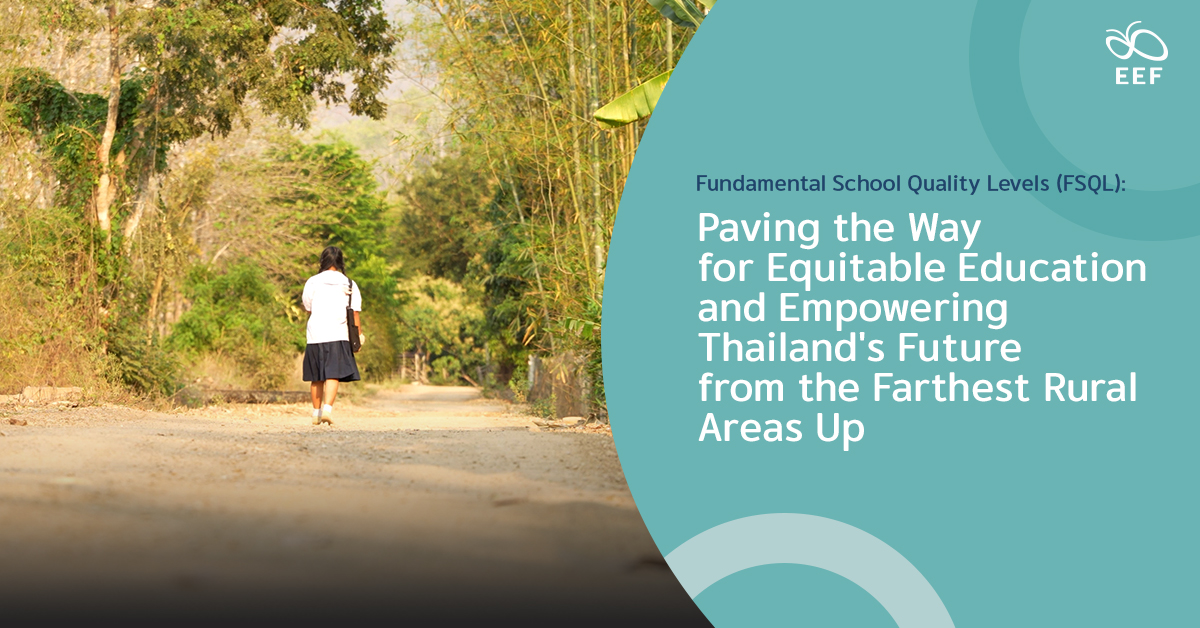
At the heart of addressing Thailand’s pressing human capital development challenges lies the Fundamental School Quality Levels (FSQL) project, a framework central to measuring and enhancing the skills of youth and the broader workforce. Initiatives like the adaptation of per-student subsidies for schools in remote areas and the establishment of minimum school quality standards ensure equitable and effective resource distribution. As the world evolves with technological advances and climate change, so too does the FSQL, aligning the skills of Thailand’s citizens with emerging demands.
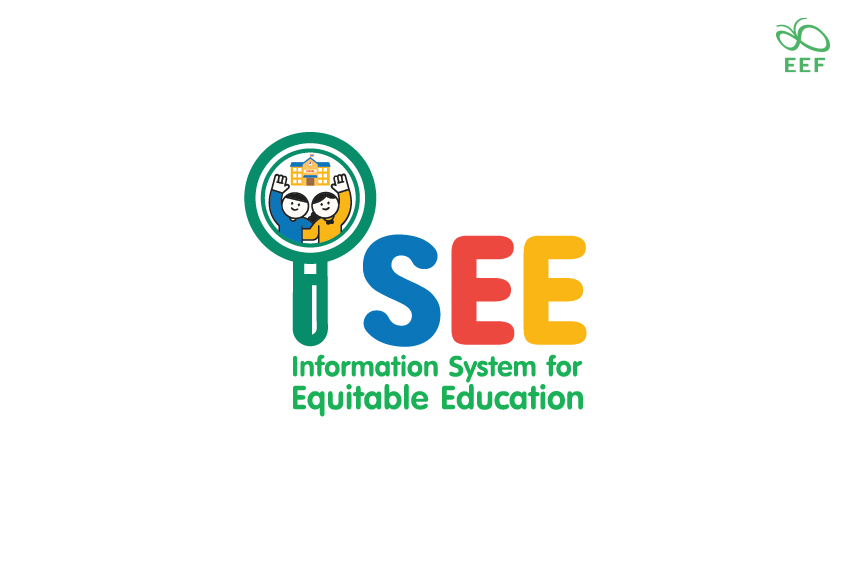
Driven by data systems like iSEE3.0 capable of systemic and case-specific problem-solving, the FSQL builds on international assessments like the Programme for International Student Assessment (PISA), offering a comprehensive view of national human capital; it evaluates youth skills and adult competencies, identifying critical gaps across life stages. Despite improvements in educational attainment, skill gaps persist, especially in high-skill sectors where wages remain low. The FSQL provides critical data to inform policy and workforce strategies, continuously refining human capital and ensuring Thailand’s economy is well-prepared for the challenges of a rapidly evolving world.
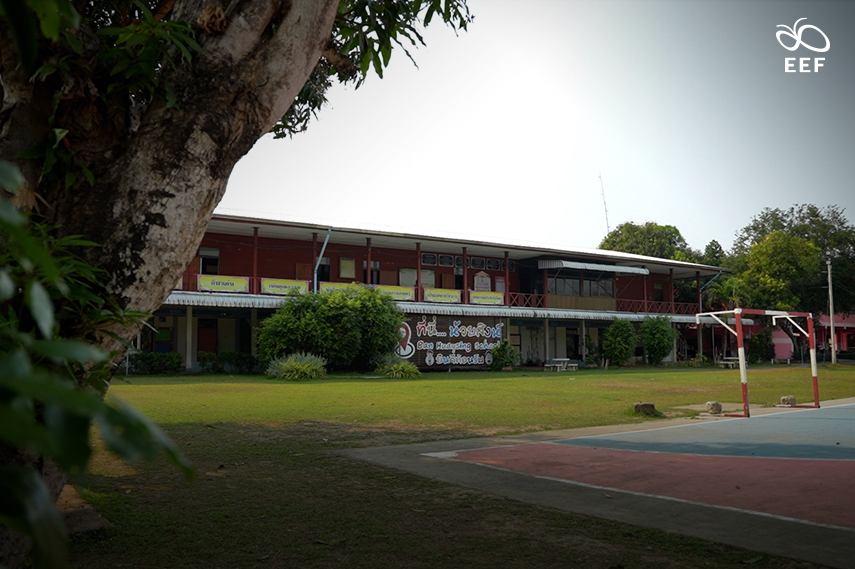
Efforts to improve small and remote schools, aligned with the FSQL initiative, has been ongoing for some time. A significant milestone was reached on December 15th, 2023, when the Equitable Education Fund (EEF) Thailand, in collaboration with various educational organizations, convened the forum “Enhancing the Quality of Small and Remote Schools — A Path to Achieving True Equality.” Over 100 directors and teachers from small schools nationwide presented proposals to address the unique challenges faced by these institutions, which account for nearly 50% of all schools in the country and serve almost 1 million students. The event acknowledged the dedication of teachers and organizations committed to strengthening schools and communities, empowering them to adapt to global changes.
Under the 2023 Cabinet resolution, small, isolated schools — known as “Stand Alone” or protected schools — cannot be closed or merged, as they are the only educational institutions within their respective six-kilometer radius. With approximately 1,500 such schools nationwide, supporting their continued operation ensures that education remains accessible in these communities. Key policy proposals presented at the forum include:
Policy Proposals for Small, Remote Schools
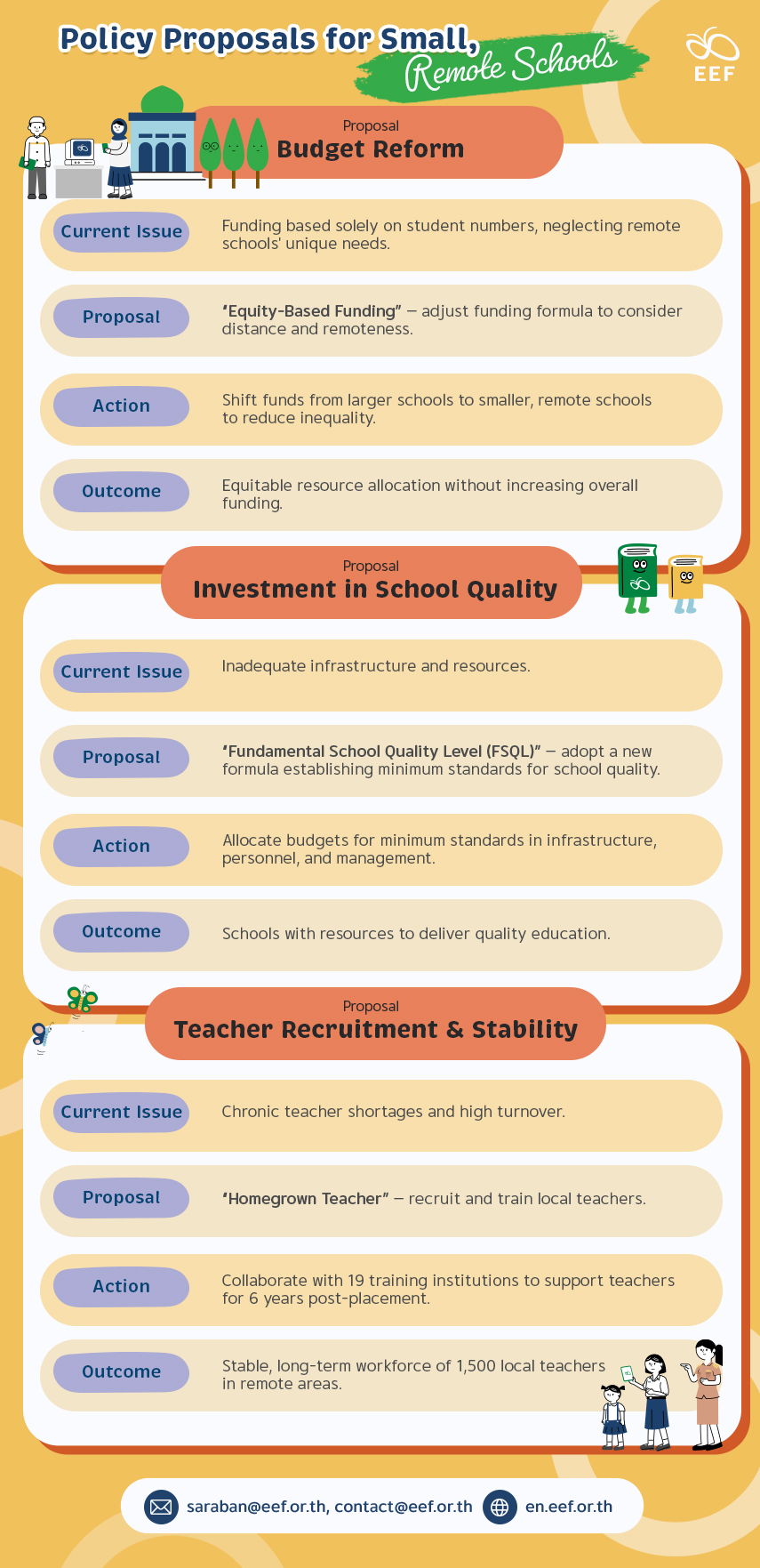
Outcome of Proposals:
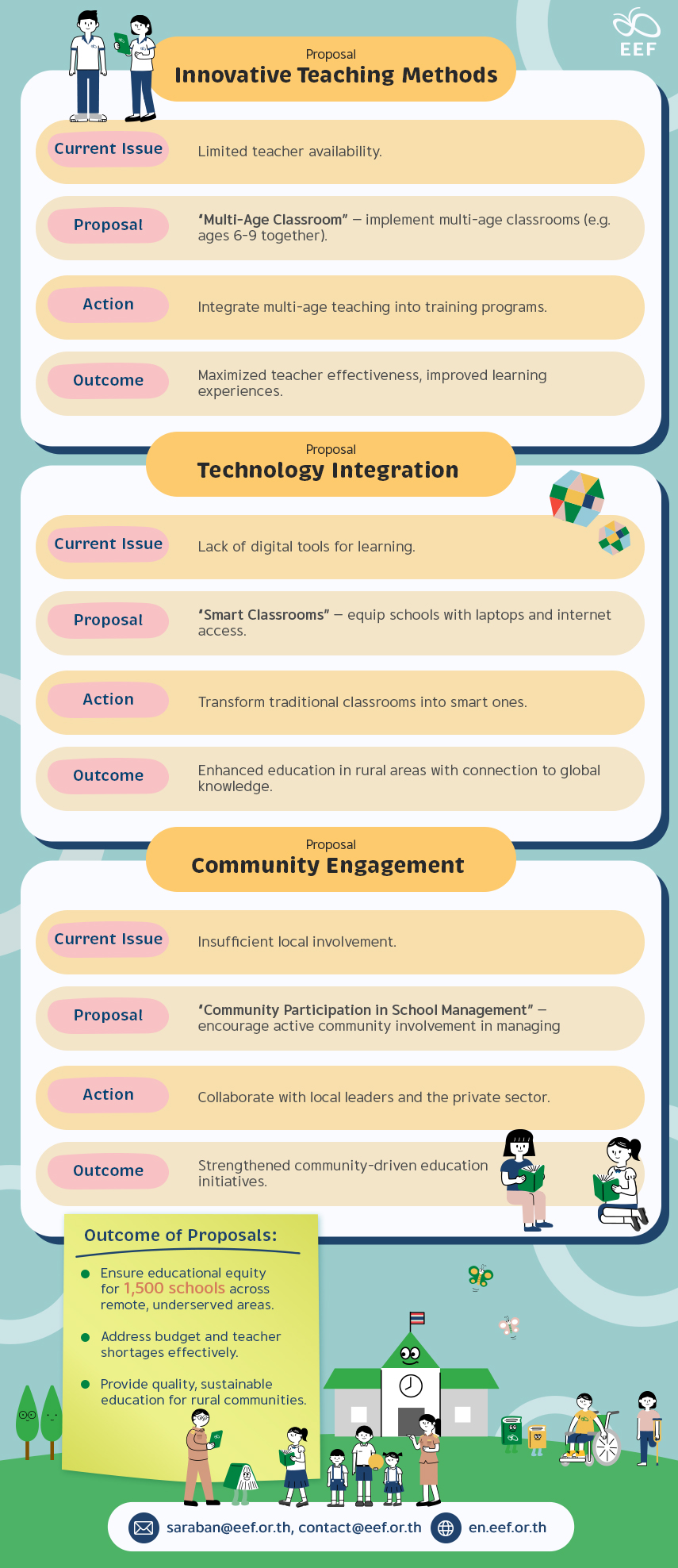
- Ensure educational equity for 1,500 schools across remote, underserved areas.
- Address budget and teacher shortages effectively.
- Provide quality, sustainable education for rural communities.
As for non-protected small schools, to ensure their sustainability, a shift in purpose is essential. Converting these schools into lifelong learning centers aligns with the 2023 Lifelong Learning Promotion Act, supporting skill development across all age groups. Agencies like the Ministry of Labor (MOL) and the Ministry of Higher Education, Science, Research and Innovation (MHESI) could direct resources to transforming these schools into community hubs, where school leaders, in addition to their teaching roles, could contribute to broader community development. Streamlining bureaucratic processes, such as enabling local governments to allocate funds directly, would expedite support. This model, shaped by local and international perspectives, would make both small schools — both protected and non-protected alike — sustainable and community-driven.
Past experiences show that challenges in some communities can be turned into opportunities for knowledge creation. Education management is a collective effort, offering the private sector opportunities to support small schools. The future of education revolves around lifelong learning; thus, small schools must evolve into active community development players. By shifting the perception of small schools from liabilities to community assets, they can drive progress from the local level to the national stage. Local administrative organizations, with budgetary support, can address local issues and support school development by removing regulatory barriers.
A similar approach is seen in Australia, where the School Location Loading framework provides additional resources to schools in underserved areas, addressing educational disparities. This framework ensures extra funding for schools in regional and remote areas, recognizing the higher costs of educating students outside urban centers. The loading is based on a school’s Accessibility/Remoteness Index of Australia (ARIA) score and adjusted by the school’s size loading. Schools receiving location-based funding may also qualify for other SRS loadings, reflecting a multifaceted approach to tackling educational disadvantage. The Equitable Education Fund (EEF) Thailand’s FSQL project follows a similar mission by addressing educational inequality with data-driven solutions. By ensuring equitable resource allocation and focusing on youth skills development across regions, the FSQL builds a more inclusive educational system that supports national economic and social goals.
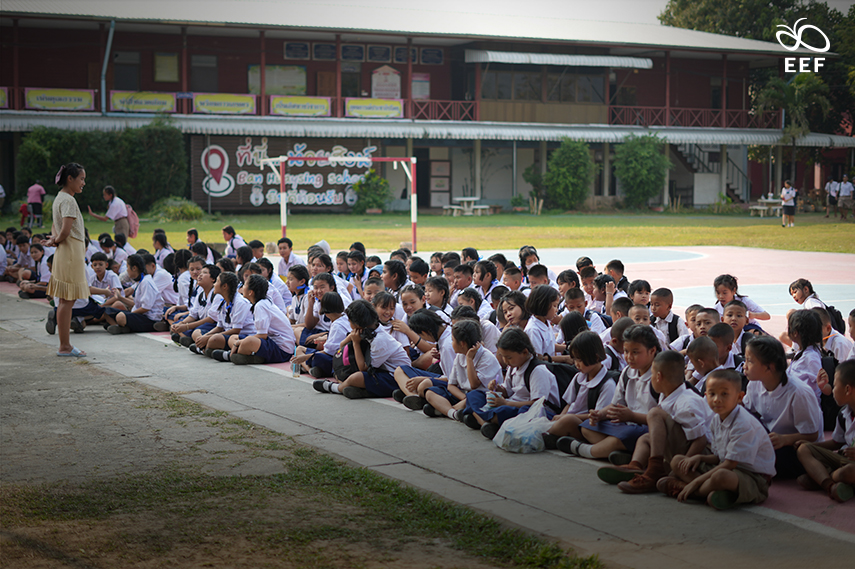
As the FSQL continues to guide policy and investment decisions, it fosters an environment where every child, regardless of background, has access to opportunities that help unlock their full potential, contributing to national progress and prosperity. Achieving this vision requires a shared commitment, with each of us in communities playing a role in supporting efforts to address educational inequality at every level.
All For Education is all about people; only when all is in for education is Education For All. Join the movement to reduce educational inequality. Support the EEF by donating to fund research, partnerships, and assistance for children, youth, and adults in need of educational support. Click the link to contribute today and help create a society where education is open and equal for all. Together, we can make a lasting impact.

